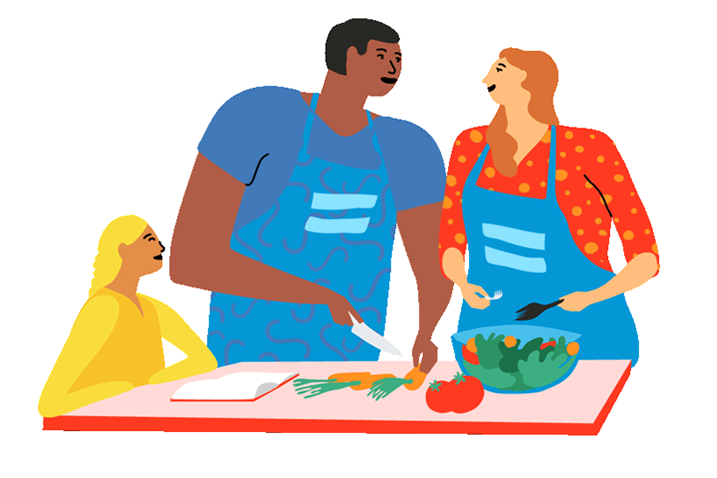Gender Equality by 2030
International Women’s Day is a time to reflect on progress made, to call for change and to celebrate acts of courage and determination by ordinary women, who have played an extraordinary role in the history of their countries and communities.
The world has made unprecedented advances, but no country has achieved gender equality.
Fifty years ago, we landed on the moon; in the last decade, we discovered new human ancestors and photographed a black hole for the first time.
In the meantime, legal restrictions have kept 2.7 billion women from accessing the same choice of jobs as men. Less than 25 per cent of parliamentarians were women, as of 2019. One in three women experience gender-based violence, still.
Let’s make 2020 count for women and girls everywhere.
Change isn’t just about big headline moments, legal victories and international agreements: the way we talk, think, and act every day can create a ripple effect that benefits everyone.
How you can make an impact:
I am Generation Equality: Realizing Women’s Rights
The theme ofInternational Women’s Day 2020 is, I am Generation Equality: Realizing Women’s Rights. The theme is aligned with UN Women’s new multigenerational campaign, Generation Equality, which marks the 25th anniversary of the Beijing Declaration and Platform for Action, the most progressive roadmap for the empowerment of women and girls, everywhere.
This year we will also be celebrating other major UN anniversaries, such as the 10th anniversary of the establishment of UN Women, among others.
The emerging global consensus is that despite some progress, real change has been agonizingly slow for the majority of women and girls in the world. Today, not a single country can claim to have achieved gender equality. Multiple obstacles remain unchanged in law and in culture. Women and girls continue to be undervalued; they work more and earn less and have fewer choices; and experience multiple forms of violence at home and in public spaces. Furthermore, there is a significant threat of rollback of hard-won feminist gains.
The year 2020 represents an unmissable opportunity to mobilize global action to achieve gender equality and human rights of all women and girls.
Did you know?
- Women earn 23% less than men globally.
- Women occupy only 24% of parliamentary seats worldwide.
- 1 in 3 have experiences physical or sexual violence and 200 M of girls-women have suffered genital mutilation.
More data

UN Events
The United Nations observance of International Women’s Day will take place on 6 March 2020 from 10am to 1pm at the UN Secretariat in New York. The theme for the International Women’s Day 2020 is “I am Generation Equality: Realizing women’s rights”. See more details about the event and register. Follow the event on UN WebTV.
Other UN Events in Brussels and New York, from 2-5 March.
Websites
- Goal 5 of the Sustainable Development Goals
- UN Population Fund (UNFPA)
- UN Women
- International Labour Organization (ILO)





